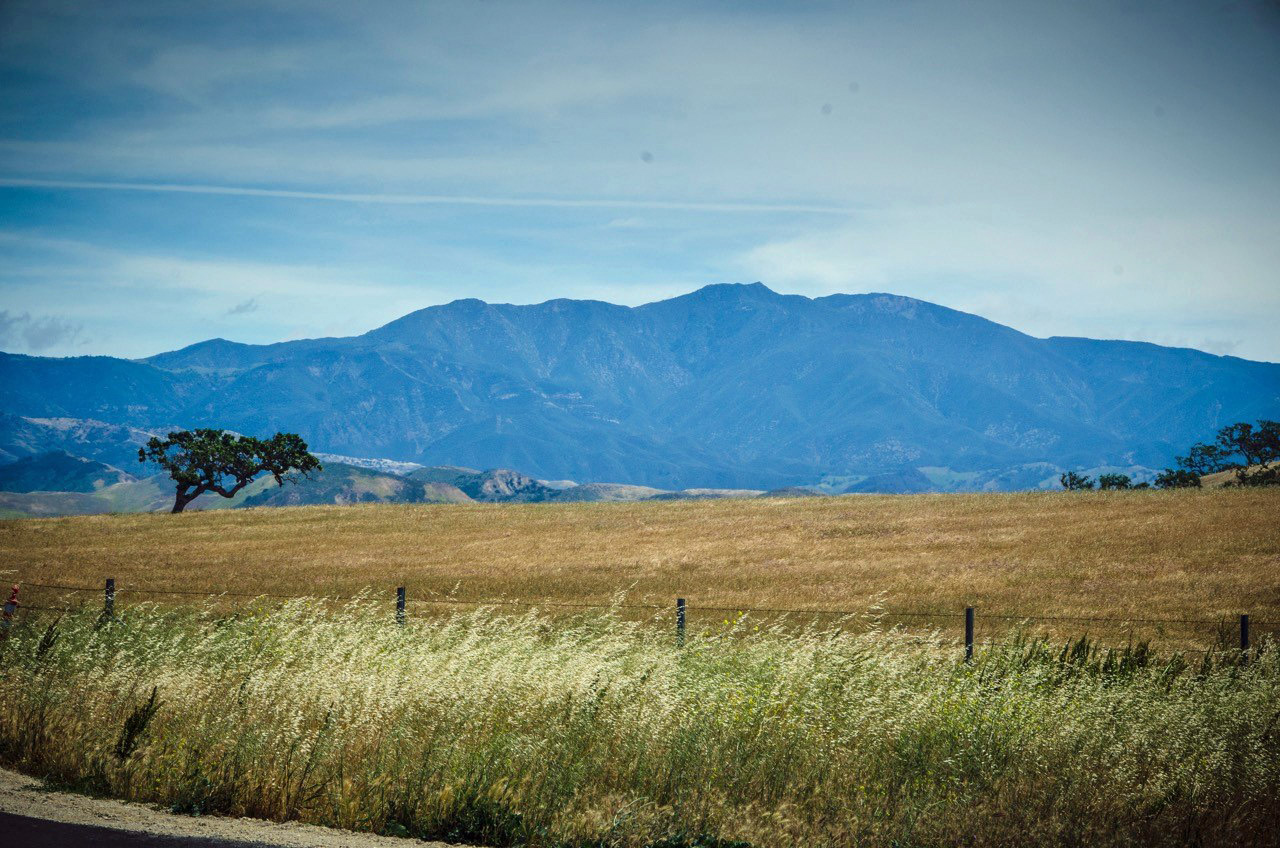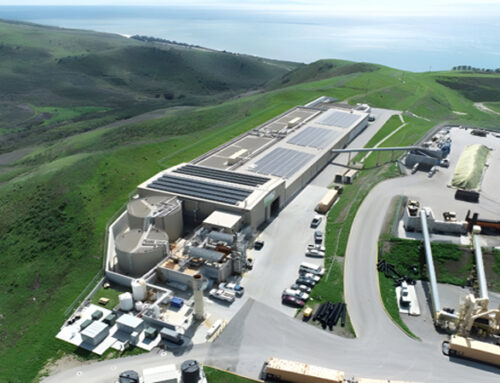A complaint was filed against the County of Santa Barbara to prevent it from allowing the Santa Ynez Band of Chumash Indians to develop over 1,400 acres of agricultural land in the Santa Ynez Valley known as Camp 4. The complaint argues that the County cannot agree to a development that violates the Santa Ynez Community Plan. The Community Plan controls development in the Santa Ynez Valley and was developed to protect the Valley’s rural character. (San Lucas Ranch, LLC vs. County of Santa Barbara, Santa Barbara County Superior Court, Case No. 17-CV-04794, October 24, 2017). A temporary restraining order was also filed October 24.
“For years the County has opposed the development. Now, it’s set to allow the Band to proceed despite the dire environmental consequences and land-use violations that the County itself has recognized prohibit this type of development,” says Barry Cappello, managing partner of Cappello & Noël LLP who is representing San Lucas Ranch, which is adjacent to Camp 4. “The Community Plan, approved in 2009, was created to prevent exactly this type of over-development. After closed door meetings between County supervisors and Band representatives, the County is suddenly willing to ignore its obligation to protect the Valley.”
The Santa Ynez Band purchased Camp 4, located at the intersection of state routes 154 and 246, in 2010. The Band wants to build 143 residences, a community center, office complex and other buildings. More than 85 percent of the property would be transformed from agricultural to non-agricultural uses.
In 2013, the Band first attempted to place Camp 4 into “trust” through the Bureau of Indian Affairs (BIA). By taking the land into trust, the Band could avoid all County regulations, including the Community Plan and would not have to pay taxes on the property. The County vehemently opposed the transfer and sought a temporary restraining order to prevent the Band from building on the property pending the County’s appeal of the transfer. That appeal is still pending.
In 2015, the County established an ad hoc subcommittee to negotiate with the Band regarding Camp 4. Most of the negotiations took place behind closed doors. On September 25, 2017 an agreement was announced that allows the development to proceed and requires the County to dismiss its pending appeal. In return, the County will receive $178,000 a year from the Band. The Board of Supervisors is set to vote on the agreement on October 31.
“The agreement allows the same development that the County had previously argued was ‘incompatible’ with the Community Plan and did not mitigate environmental impacts,” says Cappello. “The County can only allow this development if the Community Plan is amended, a process designed to protect the community from these types of agreements. Until then, the County cannot enter the agreement.”




